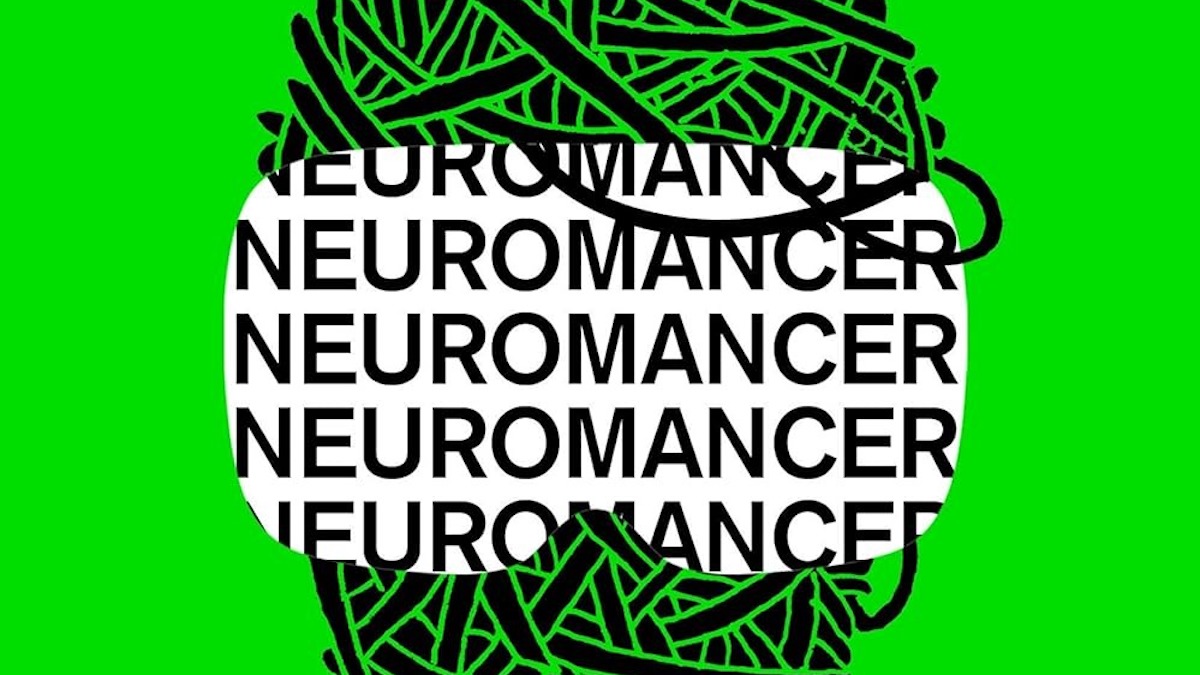The 10 Best Science Fiction Books, Ranked

Dystopian utopias! (Un)sophisticated AI! Science fiction is a genre that has the uncanny ability to predict (and forewarn) the future! For all its forays into far flung technological and cosmic frontiers, sci-fi is a profound reflection on the human condition, past, present and future.
10. The Left Hand of Darkness

Ursula K. Le Guin’s The Left Hand of Darkness‘ central thesis is the gay agenda. Hooray! Specifically, the idea of gender roles and the gender spectrum as a concept. The novel is set on an alien planet where a sophisticated species is able to choose their gender at will, leading to an entirely different outlook on the nature of gender itself. It’s a fascinating glimpse into a society unconcerned with reductionist philosophies like bioessentialism and other pseudoscientific hoo-ha. Everyone is just vibing according to how they want to be perceived. It’s the future liberals want.
9. I Have No Mouth and I Must Scream
While technically a novella, I Have No Mouth and I Must Scream bears mentioning because it is arguably the most powerful work of horror science fiction in the English canon. Harlan Ellison’s story centers around a group of five survivors who live in the remains of what was once planet Earth. They are tormented by a malevolent AI with god-like capabilities, who keeps the quintet alive for the sole reason of torturing them for all eternity. Why? Because it hates them.
8. Parable of the Sower

Octavia Butler famously denied that she was a science fiction writer, but Parable of the Sower doesn’t help her case. Set in a dystopian America that has collapsed under the weight of economic hardship, the young Lauren Olamina discovers that she has a peculiar ability that allows her to perfectly empathize with others, feeling their pain as if it were truly her own. She eventually ends up establishing a religious organization called Earthseed, whose chief belief “God is change” helps them to establish purpose, community, and belonging in a failing world.
7. The Three Body Problem

The Three Body Problem is a Chinese novel named after a problem that has plagued physicists for centuries. When three masses are in gravitational orbit around each other, the trajectories of those orbits are virtually impossible to predict. This proves to be a significant problem for an alien species whose home planet has the misfortune of orbiting three suns, causing extinction events on the regular. These Trisolarians decide that enough it enough, they need a new home, and that Earth looks promising. It’s a series about an alien invasion and the scientists working around the clock to stop it.
6. Do Androids Dream of Electric Sheep?

Do Androids Dream of Electric Sheep? is the inspiration for Blade Runner! It’s set in a dystopian cyberpunk world where bounty hunter Rick Deckard is tasked with hunting down rogue androids. But they’re just programs, right? Killing one is no different than unplugging a toaster, right? It doesn’t really matter that they pass the Turing test with their apparent hopes, dreams, desires, and fears, right? Humanity couldn’t possibly be the monster in this situation, right?
5. War of the Worlds

“Yet across the gulf of space, minds that are to our minds as ours are to those of the beasts that perish, intellects vast and cool and unsympathetic, regarded this earth with envious eyes, and slowly and surely drew their plans against us.” Now THAT is an opening sentence. War of the Worlds by H.G. Wells scared the bejeezus out of people when it came out. When was that? The 19th century!? This alien invasion story was lightyears before its time and quickly became one of the most celebrated sci-fi works in history.
4. Neuromancer

William Gibson singlehandedly invented the cyberpunk genre with his seminal book Neuromancer. Set in the dystopian futuristic world of Night City (that’s where Cyberpunk 2077 stole the name), a young man is recruited into a shadowy gang of lawbreaking cyborg peeps in order to carry out jobs for high paying corporations. Again, it’s literally the world of Cyberpunk 2077. Or rather, Cyberpunk 2077 is literally Neuromancer. Credit where credit is due.
3. Brave New World

A utopian society where people are bred in laboratories into separate social castes based on their predetermined genetic traits? Sounds a little dystopian to me! Aldous Huxley’s Brave New World is a parable about the dangers of sacrificing the individual in favor of the collective. Technological advancement has allowed humans to create an idle, pleasure driven society where negative emotions are medicated out of them. Looks like heaven, feels like hell.
2. Frankenstein

Mary Shelley’s Frankenstein is seen by many as the birth of the science fiction genre. She’s mother. Iconic. You know the plot: mad scientist creates life out of corpses, and a monster is born. But unlike Hollywood depictions of Frankenstein’s monster, this creature is a sensitive and intelligent being whose screwed up existence eventually leads it down a dark philosophical path. No grunts and groans from this monster; he’s a smart cookie, smart enough to plot vengeance against his creator.
1. Dune

Frank Herbert’s Dune is perhaps the most seminal work of science fiction ever created. It inspired countless science fiction titles including Star Wars and the universe of Warhammer 40,0000. It tells the story of Paul Atreides, whose family is granted control over a valuable planet rich with natural resources. Natives of the planet begin to see Paul as a messianic figure of prophecy, a role that he accepts. Little does the galaxy know that Paul’s rise to power will create a tyrannical regime the likes of which have never been seen before! It’s a narrative that warns against messiahs. If you think you’ve found a Chosen One, Frank Herbert wants you to choose differently.
Have a tip we should know? [email protected]
